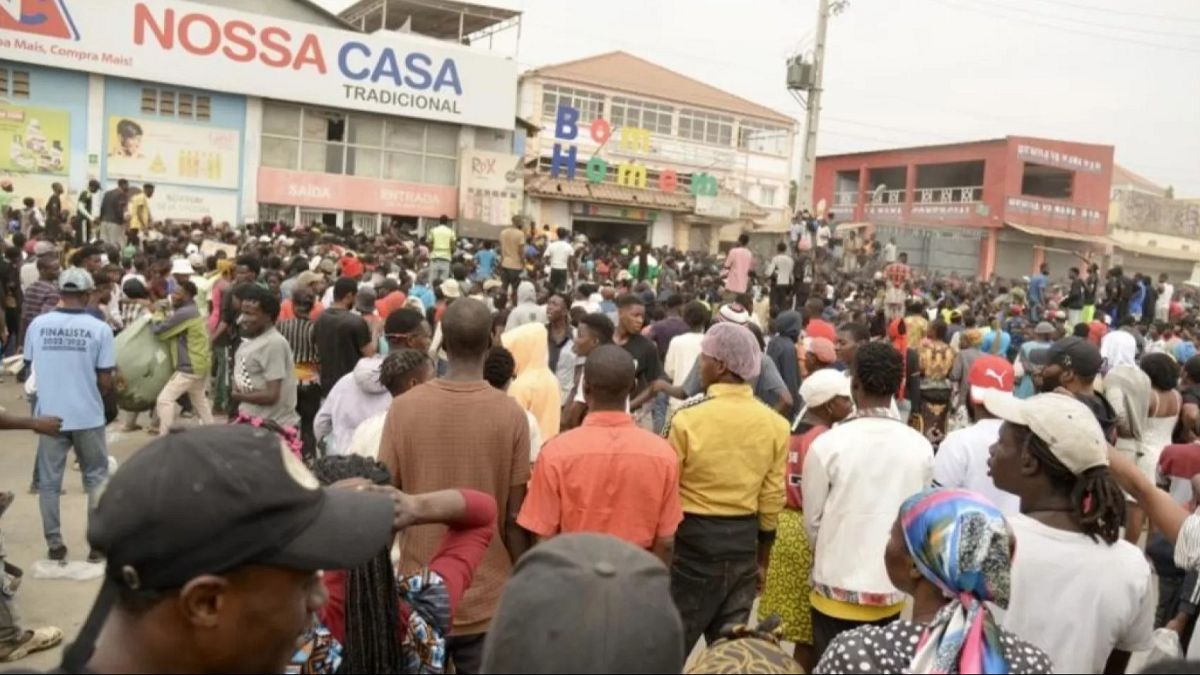

In a world increasingly interconnected by shared challenges, recent events highlight ongoing tensions and humanitarian issues that demand global attention and empathy. As regions grapple with conflict, economic pressures, and humanitarian crises, the need for peaceful resolutions and comprehensive support remains paramount.
In Angola, protests over rising fuel prices have led to significant unrest, resulting in the unfortunate loss of at least 22 lives. Despite being one of Africa’s largest oil producers, Angola’s domestic fuel needs outstrip its refining capacity, necessitating costly fuel imports. This economic strain has led to widespread discontent among the population, illustrating the complex relationship between natural resource wealth and economic stability. The government’s acknowledgment of these challenges underscores the delicate balance required to manage domestic energy needs while ensuring public welfare.
Meanwhile, in Ukraine, the ongoing conflict has taken a toll on military personnel and civilians alike. A recent strike on a military training center in Chernihiv claimed the lives of three soldiers, adding to a grim tally of fatalities and injuries from previous strikes. This incident marks the fourth such attack in recent months, highlighting the persistent volatility in the region and the human cost of prolonged conflicts. As Ukraine continues to defend its sovereignty, the international community remains hopeful for pathways to de-escalation and peace.
The Gaza Strip, enduring the dual burdens of conflict and famine, faces a dire humanitarian situation. Recent reports indicate the deepening of famine conditions, affecting the most vulnerable populations, including children and the elderly. Despite efforts to improve the situation through humanitarian corridors and aid deliveries, challenges in accessing sufficient resources persist. The international community calls for increased support and cooperation to address the urgent needs of Gaza’s inhabitants, emphasizing the vital role of swift and effective humanitarian intervention.
In Southeast Asia, Thailand and Cambodia have reiterated their commitment to maintaining a fragile ceasefire after recent deadly clashes. The border conflict, which escalated into violence, resulted in significant casualties and displacement. While both nations strive for peace, accusations and counterclaims of ceasefire violations threaten stability. The sincerity in reaffirming peaceful intentions is a positive step toward resolving longstanding territorial disputes and ensuring the safety of those living along the contested border.
Additionally, the geopolitical landscape sees evolving dynamics as global leaders navigate complex alliances. German Chancellor Friedrich Merz faces mounting pressure over his stance regarding relations with Israel amid the ongoing crisis in Gaza. This situation highlights the intricate balance between diplomatic relationships and humanitarian responsibilities, urging leaders to pursue thoughtful policies that align with international humanitarian principles.
As these stories unfold, they serve as poignant reminders of the interconnected nature of global issues and the shared responsibility to foster peace, resilience, and understanding across borders. By acknowledging and addressing these challenges, the international community can work collectively toward solutions that transcend conflict, alleviate suffering, and build a foundation for sustainable development and prosperity worldwide.
Source: {link}
